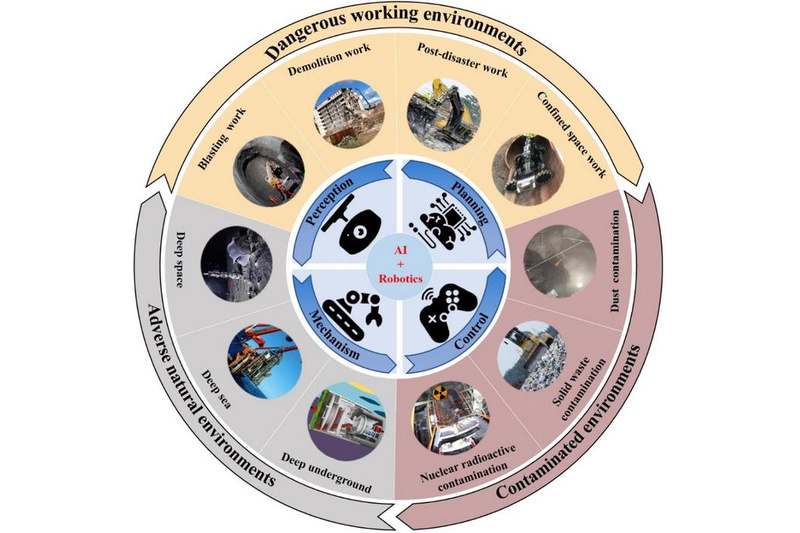
Biotechnological production of itaconic acid – Production of itaconic acid in a controllable fungi expression system

Itaconic acid is one of the top bio-based chemical building blocks and thus a promising platform compound for the production of polymers, coatings, chemical compounds and biofuels. It is an important monomer for the synthesis of, e.g. poly-acrylates, rubber, colours, additives, adhesives, emulsifying agents, lipids, pharmaceuticals, herbicides and biodegradable polymers for the packaging industry. The offered innovative production process of itaconic acid uses genes encoding for the biosynthesis pathway of unicellular fungi from the family of Ustilaginaceae, in particular Ustilago maydis. By modification of these genes the efficiency of itaconic acid production can be markedly improved and enables a more reliable process with less risk of batch failure.
As another advantage over A. terreus, which is also classified as a toxin-producing animal pathogenic fungus in certain countries which is limiting its applicability at industrial scale, the species Ustilago maydis has a history of safe use.
Further information: PDF
PROvendis GmbH
Phone: +49 (0)208/94105 10
Contact
Dipl.-Ing. Alfred Schillert
As Germany's association of technology- and patenttransfer agencies TechnologieAllianz e.V. is offering businesses access to the entire range of innovative research results of almost all German universities and numerous non-university research institutions. More than 2000 technology offers of 14 branches are beeing made accessable to businesses in order to assure your advance on the market. At www.technologieallianz.de a free, fast and non-bureaucratic access to all further offers of the German research landscape is offered to our members aiming to sucessfully transfer technologies.












